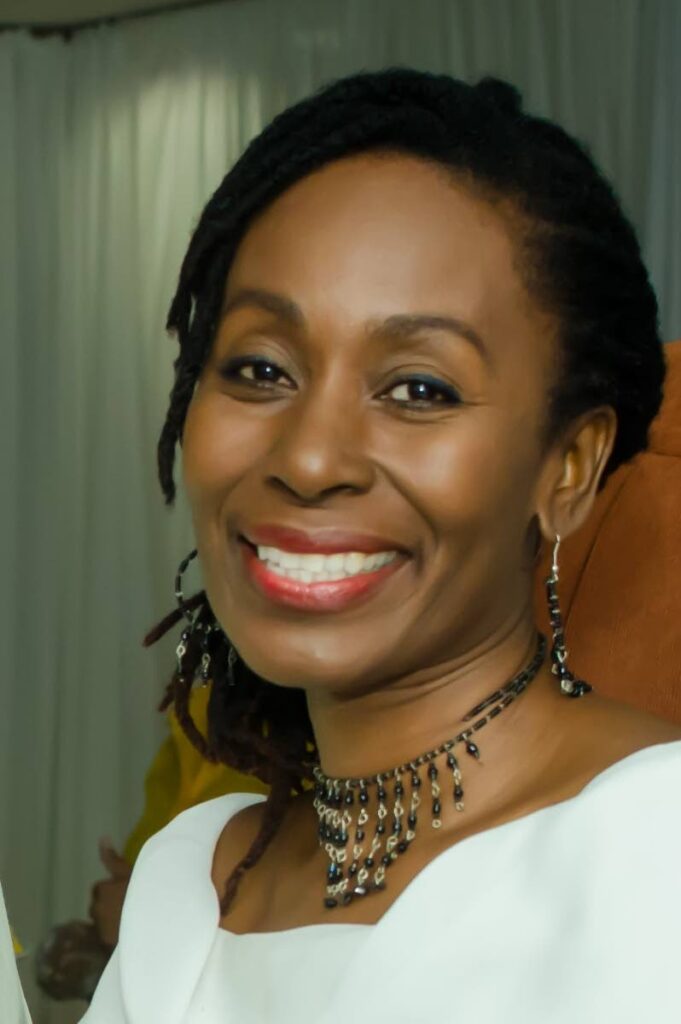Wisdom from out of the choolhaa

When ma is cooking, the choolhaa is first ritualistically leepayed – Agni – Fire is the deity. The cooking proceeds. When the food is cooked, prayers are offered and a mantra is repeated: brahmārpaṇaṃ brahma haviḥ brahmāgnau brahmaṇā hutam.. Any means of offering is Brahman.
– Ravi Ji, Spiritual leader, Hindu Prachaar Kendra
UNCLE Ravi tells a story about how his aaji or grandmother would pour oil on the cocoa "lil bit, lit bit" to help the cocoa shine before selling the shiny cocoa in the market. He remembers planting fig, peewah, chataigne, breadfruit and many other crops. But, he says, “I was educated out of agriculture.”
As war in the Ukraine intensifies, the climate crisis worsens and the pandemic lingers, global experts warn of a crisis of food. Basic food items now cost 30 per cent more than in the same period last year. In fact, the UN recently warned we could be heading to the point where tens of millions are pushed “over the edge into food insecurity, followed by malnutrition, mass hunger and famine."
I watched international news reports showing supermarket shelves empty of baby formula. I listened to parents admitting to purchasing much more than they needed at the time. I wondered, would a global food crisis affect us in Trinidad and Tobago or would our abundant food supplies and rich soil save us? Probably not.
Somehow, I could not imagine my family ever being affected by a shortage of baby formula. I thought of my grandmother, insisting that she did not want any "mirasmee" ( malnourished grandchildren. No baby formula for her.
I can see her, mouth pushed out, mashing potatoes, ground provision or vegetables and stewing meat soft enough to ensure she protected the children with her food.
Soon, we will commemorate the arrival of East Indians in TT. I was curious to find out what kind of conversations people in Uncle Ravi’s community would normally have about food.
His story about moving away from the land is a familiar one. For many of us, our relationship with land is a complicated one. The painful history associated with agriculture caused us to view the past through eyes dimmed by ancestral suffering.
Today, one may argue that little has changed. We have yet to see significant results from agricultural programmes. This is particularly upsetting, given that we have citizens who battle hunger almost every day, obesity remains a challenge, and we still face many other lifestyle complications like diabetes.
Vandana Shiva, scholar and advocate for sustainable ways to grow food, points out that hunger regularly affects mainly rural populations. There is the reality that food is grown to be sold, rather than for the purpose of feeding the community.
Further, she says the method of agriculture is often harmful to the land. For instance, food is not grown with the aim of enhancing the benefits of the soil, or giving consideration to biodiversity, but rather to maximise profits.
As such, food is treated as a commodity. She stresses that “food production must once again be an issue of sustainability, taking care of the earth and the human right to food must be an inalienable right.”
The right to food is fundamental to survival. But food is spiritual as well. The way it is grown, how it is handled and cooked, all have an impact on our immediate to long term health.
In uncle Ravi’s community, food is cooked from oushadha, the trees and plants. Oushadha means medicine, a recognition that food keeps us healthy, well-fed and stable as a community.
The idea of food as medicine is vital to any conversation about food security. Baby formula is described as cow’s milk altered to taste like breast milk. Looking at those written words, baby formula certainly does not seem very healthy.
Before there was baby formula, how did children grow to adulthood? Food is an integral part of our culture. Sadly, our tastes and food preferences have shifted to more unhealthy western choices.
As such, we must write a new food story, and stop talking only about being self-sufficient – "Word ah mout nuh food ah belly."
On another note, my belly is ready for the food Uncle Ravi, Geeta and the others will share with us to commemorate this significant day in the evolution of our nation. I am glad the East Indians kept their food traditions. It is an important, delicious example of food security for us all.
Dara E. Healy is a performance artist and founder of the Indigenous Creative Arts Network – ICAN.


Comments
"Wisdom from out of the choolhaa"